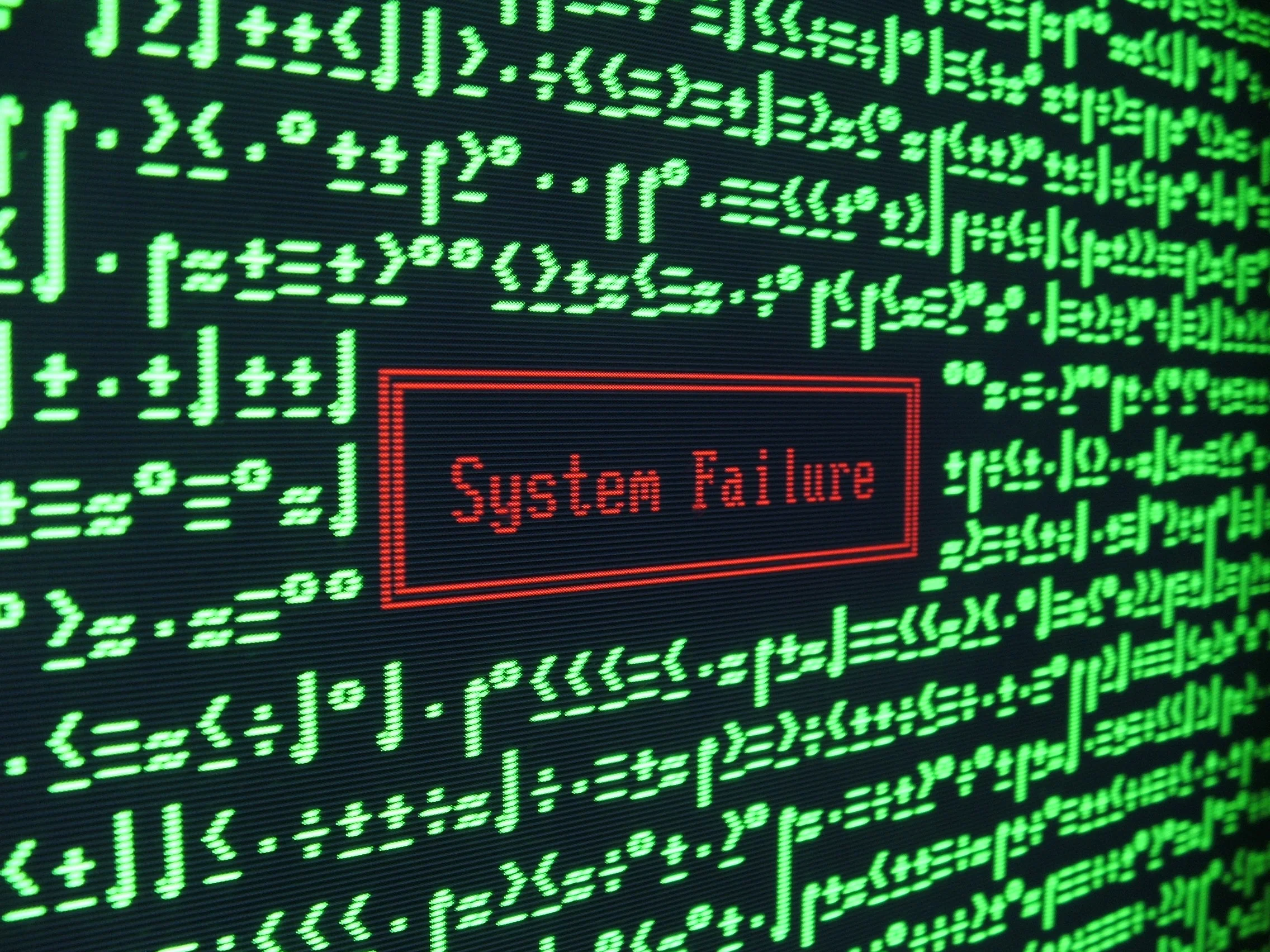How good should a startup’s systems be?
By systems, I mean the collection of software and processes that run a business. Most business will have systems to keep track of customers, inventory, production, work orders, accounting, etc.
Large companies may have one big integrated system that runs it all. But startups usually cobble together a combination of paper, spreadsheets, emails, and off-the-shelf software as the need arises.
Anyone with experience working with startups will probably laugh at the idea that systems might be too good. Most startups have the opposite problem: they fly by the seat of their pants with plans to clean up the mess someday. And that collection of hacked-together systems can get VERY messy!
But what’s the alternative?
A startup could install a large integrated software system in the beginning. They could think through their processes carefully along every step of the way and map their processes to this software.
However, this is how systems can become “too good.”
Probably most importantly: large integrated systems are expensive to configure and maintain, both in terms of time and money. A startup may never get off the ground if they use precious funds to over systematize too early.
Another problem is that startups usually change course many times before they gain traction and become profitable. Software and processes designed for one plan may quickly become obsolete as the startup changes course.
I have seen startups err on both sides.
Most startups are a mess until they are forced to clean up their act. They may be forced by tax authorities or other regulators, or they may realize lack of process is hindering their growth. Cleanup is time-consuming and expensive, especially with high transaction volume.
However, I have seen the flip side. Actually, I created the problem in one case. I worked with a startup that appeared ready to take off quickly. I recommend they install a large, integrated system to prepare for that growth. They system was awesome. It automated a lot of tasks and provided real-time and accurate financial data. But it was too good. The company never took off, and the large monthly license payments on a long-term contract became a serious drag on the company.
I’m thinking about this because I’m working on a startup right now that I hope will take off quickly. I want to find a good balance between a mess and too good. I don’t know the best answer, but I have a few ideas:
- Avoid IT infrastructure like the plague. Startups shouldn’t deal with networks, servers, etc (unless they have specific industry requirements).
- Use off-the-shelf online software products with low monthly fees and no contracts. Do the research. If you have a need, someone has probably solved it with low-cost, online software.
- Don’t be afraid to use a collection of software products to meet specific needs. One of my clients uses separate software for each of accounting, inventory, customer relationships, and ecommerce.
- Look for middleware that connects the various software package. For example, if your ecommerce shopping cart doesn’t have built-in integration to download orders into your accounting software, there is probably third-party software that will. Zapier and OneSaaS are examples of middleware.
- Don’t use guesswork to implement systems before you need them, but make the time investment necessary to systematize your business as you grow. It really will be an investment that will save you time, money, and headache in the future.
Hopefully this helps you find a good balance in your business systems between a mess and too good!
Question: What have you done to find the right balance in your systems?

